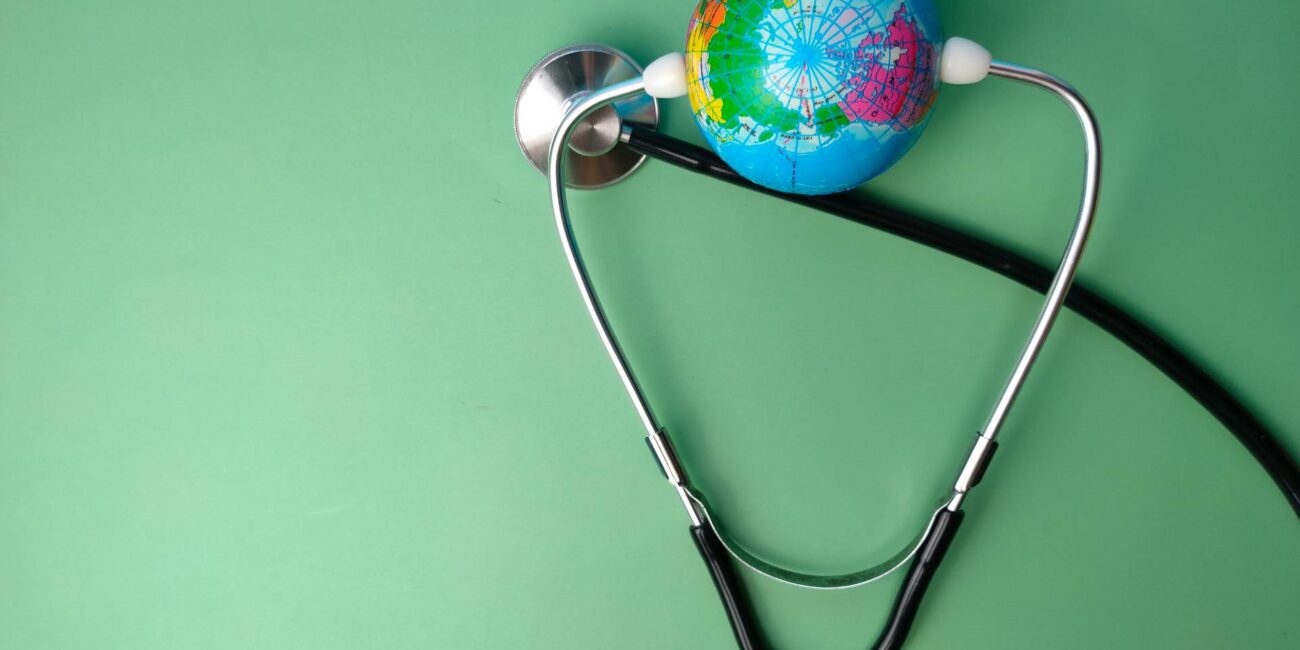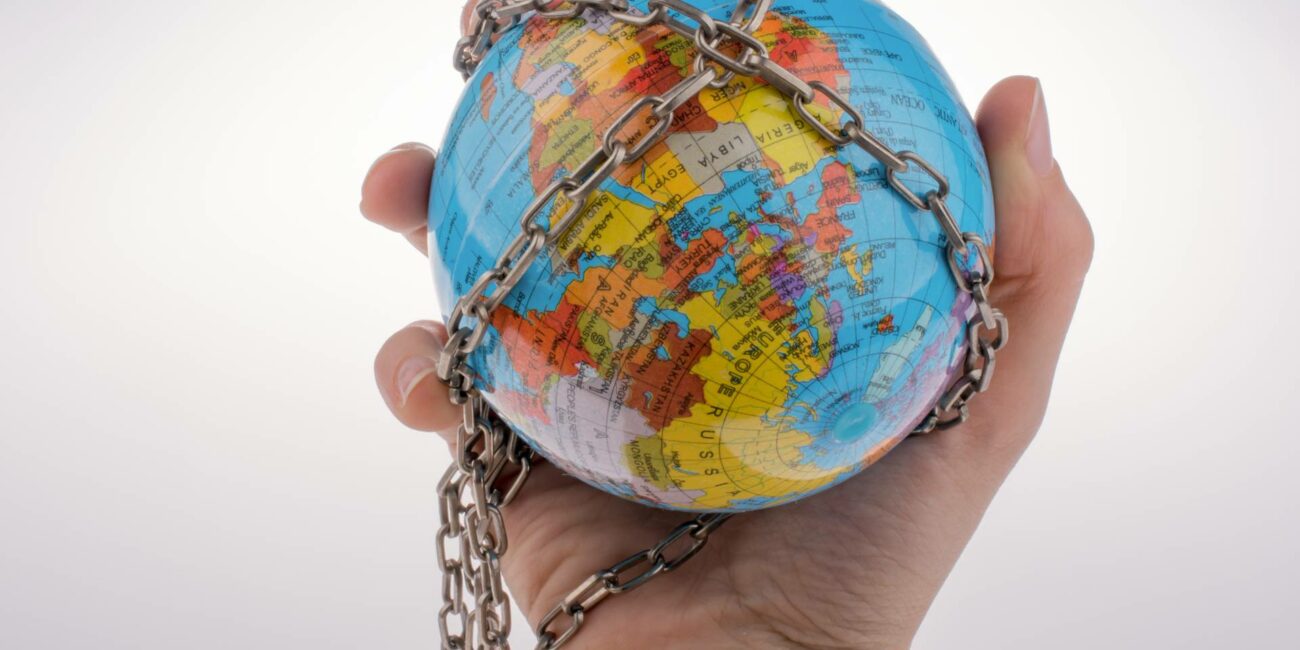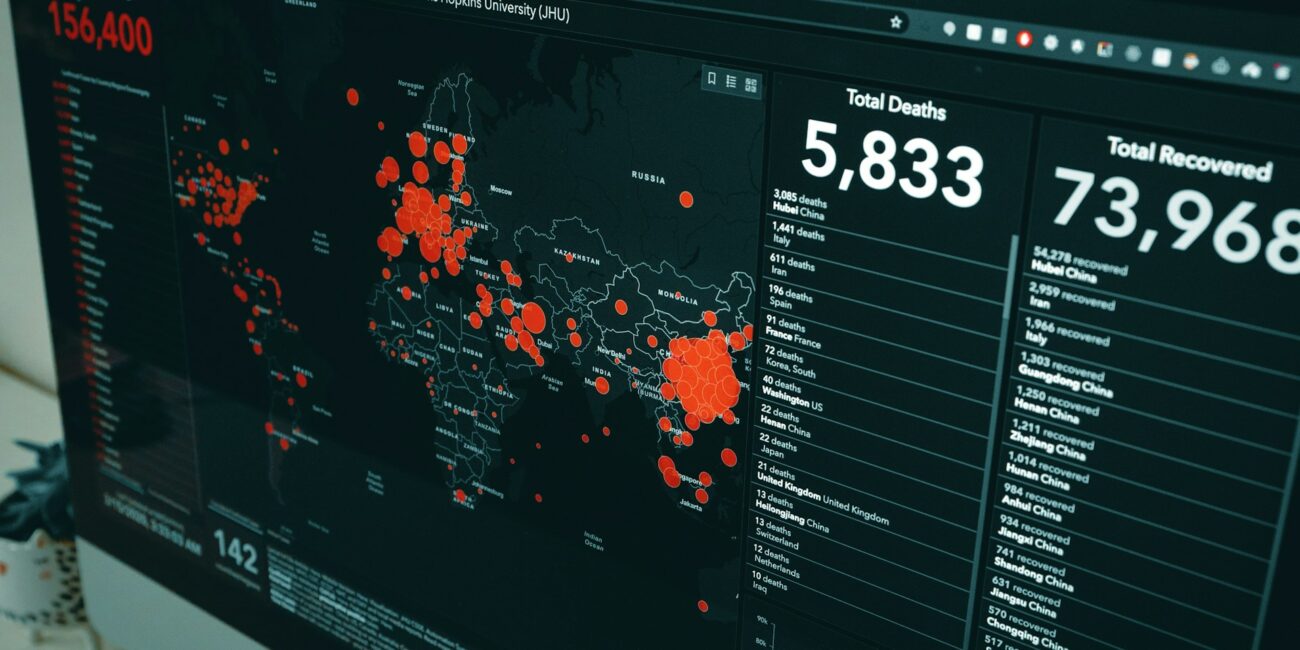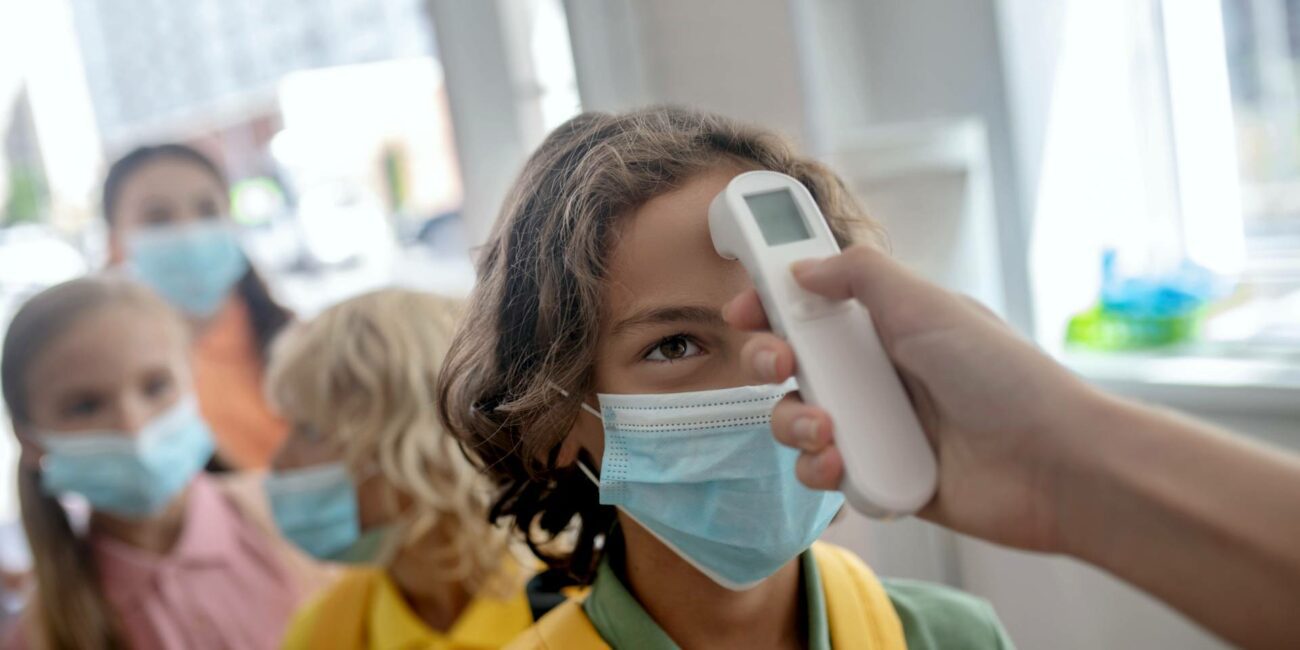The Director General of the World Health Organization (WHO) reassures us that WHO’s ‘pandemic accord’ (or ‘treaty’) won’t reduce the sovereignty of WHO’s Member States. WHO trusts that these words will serve as a distraction from reality. Those driving the perpetual health emergency agenda are planning to give WHO more power, and individual States less. This will happen whenever WHO designates a ‘Public Health Emergency of International Concern’ (PHEIC), or considers that we may be at risk of one.
WHO’s proposed treaty, taken together with its ‘synergistic’ amendments to the International Health Regulations (IHR), aim to undo centuries of democratic reform that vested sovereignty in individuals and, by extension, in their States. The discomfort of facing this truth and the complexities it raises is providing the cover needed to push these changes through. This is how democracy, and freedom, wither and die.
Why it’s hard to acknowledge reality
Our society in the West is built on trust and a feeling of superiority—we built the institutions that run the world and they, and we, are good. We consider ourselves humanitarians, the public health advocates, the unifiers, and anti-fascist freedom-lovers. We consider our system better than the alternatives—we are ‘progressive’.
It takes quite a step for comfortable, middle-income, left-leaning professionals to believe that the institutions and philanthropic organisations we have admired all our lives might now be pillaging us. Our society relies on having ‘trusted sources’, with WHO being one of them. Among others are our major media organisations. If our trusted sources told us we were being misled and pillaged, we would accept this. But they are telling us that these claims are false, and that all is well. WHO’s Director General himself assures us of this. Anyone who thinks rich corporate and private sponsors of WHO and other health institutions are self-interested, and that they might mislead and exploit others for their own benefit, is labelled a conspiracy theorist.
We are all capable of believing that the rich and powerful in ages past would exploit the masses, but somehow this is hard to believe in the present. For proof of their benevolence, we rely on the word of their own publicity departments and the media they support. Somehow, malfeasance on a grand scale is always a figment of history; we are smarter and more enlightened now.
In 2020, in conjunction with private and national sponsors, [the WHO] supported the largest wealth shift in history from low- to high-income earners
Over recent decades we have watched individuals accumulate wealth equivalent to the GDP of medium-sized countries. They meet our elected leaders behind closed doors at Davos. We then applaud the largesse they bestow on the less fortunate, and pretend all this is fine. We watch as corporations expand across national borders, operating seemingly above the laws that apply to ordinary citizens.
We allowed their ‘public-private partnerships’ to turn international institutions into purveyors of their commodities. We ignored this obvious conflict of interest because their publicity departments told us to. And we became apologists for obvious authoritarians because we wanted to believe that they are somehow promising a ‘greater good’.
Whilst a school child might see through this facade and recognise the conflicted greed beyond, it is much harder for those with years of political baggage, a peer network, reputation and career to admit that they have been duped. The behavioural psychologists that our governments and institutions now employ understand this all too well. Their job is to keep us believing the trusted sources they sponsor. Our challenge is to put reality above right-think.
The remaking of WHO
When WHO was set up in 1946 to help coordinate responses to major health problems, the world was emerging from the last great bout of fascism and colonialism. Both these societal models were sold on the basis of centralising power for a greater good. Those who considered themselves superior would run the world for those less worthy. WHO once claimed to follow a different line, based on decentralisation and decolonisation.
Since the early 2000s WHO’s activities have been increasingly dictated by ‘specified funding’. Its funders, increasingly including private and corporate interests, tell WHO how to use the money they give. Private direction is fine for private organisations promoting their investors’ wares, but it is obviously a non-starter for an organisation seeking to mandate medicines, close borders, and confine people. Anyone with a basic understanding of history and human nature will recognise this. But these powers are exactly what the amendments to the International Health Regulations and the new treaty intend to confer.
Rather than considering alternate approaches, WHO is seeking to censor opinions that do not fit its narrative, publicly denigrating and demeaning those who question its policies. These are not the actions of an organisation representing ‘we the people’, or confident in this ability to justify its actions. They are the trappings we have always associated with intellectual weakness and fascism.
WHO’s impact on population health
In its 2019 pandemic influenza recommendations, WHO stated that “not in any circumstances” should contact tracing, border closures, entry or exit screening, or quarantine of exposed individuals be undertaken in an established pandemic. They wrote this because such measures would cause more harm than good, and disproportionately harm poorer people. In 2020, in conjunction with private and national sponsors, it supported the largest wealth shift in history from low- to high-income earners by promoting these same measures.
In abandoning its principles, WHO consigned millions of girls to nightly rape through child marriage, increased teenage pregnancies and child mortality, reduced childhood education, and grew poverty and malnutrition. Despite most of these people being too young to be troubled by Covid or already having immunity, they promoted billions of dollars worth of mass vaccination, whilst the burdens of traditional priorities such as malaria, tuberculosis and HIV/AIDS grew. Western media have met this with silence or empty rhetoric. Saving lives does not turn a profit, but selling commodities does. WHO’s sponsors are doing what they need for their investors, whilst WHO is doing what it needs to keep their money flowing.
The new powers of WHO
It is indisputable that the IHR amendments will reduce the sovereignty of any WHO Member State that fails to actively reject them, giving a single person (the Director General) direct influence over health policy and the freedom of its citizens. This is what the document says. Countries will “undertake” to follow recommendations, no longer simply suggestions or advice. Whilst WHO does not have a police force, the World Bank and IMF are on board and control much of the money supply. The US Congress passed a bill last year recognising that the US Government should address countries that do not comply with the IHR. We are not witnessing toothless threats; most countries, and their people, will have little choice.
The real power of WHO’s proposals is in their new mechanism that permits them to proclaim any health-related matter as a threat. The proposed amendments state this explicitly, whilst the ‘Treaty’ expands the scope to ‘One-Health’, a hijacked public health concept that can mean anything perceived to be affecting human physical, mental or social well-being. Inclement weather, crop failures, or the promulgation of ideas that cause people stress—everyday things that humans have always coped with—now become reasons to interfere in the daily lives of people and impose solutions dictated by others.
In essence, those sponsoring WHO are manufacturing crises of their own desiring, and are set to get wealthier from the misery of others, as they did during Covid, all under the guise of ‘keeping us safe’. As WHO implausibly insists, “no one is safe until all are safe”, so removal of human rights must be broad and prolonged. Behavioural psychology is there to ensure we comply.
Facing the future
We are building an Orwellian future in which (we are told) compliance with authoritarian dictates will win the return of stolen freedoms, and any dissent will be subject to censorship. People who wish to see evidence, who remember history, or insist on informed consent will be designated, in WHO parlance, as far-right mass killers. We have already entered this world. Public figures who claim otherwise are presumably not paying attention, or have other motivations.
We can meekly accept this new disease-obsessed world—some may even embrace the salaries and careers it bestows—or we can join those fighting for the simple right of individuals to determine their own future, free from the false public goods of colonialism and fascism. At the very least, we can acknowledge the reality around us.
David is a clinical and public health physician with a PhD in population health and background in internal medicine, modelling and epidemiology of infectious disease. Previously, he was Director of the Global Health Technologies at Intellectual Ventures Global Good Fund in the USA, Programme Head for Malaria and Acute Febrile Disease at FIND in Geneva, and coordinating malaria diagnostics strategy with the World Health Organization.




